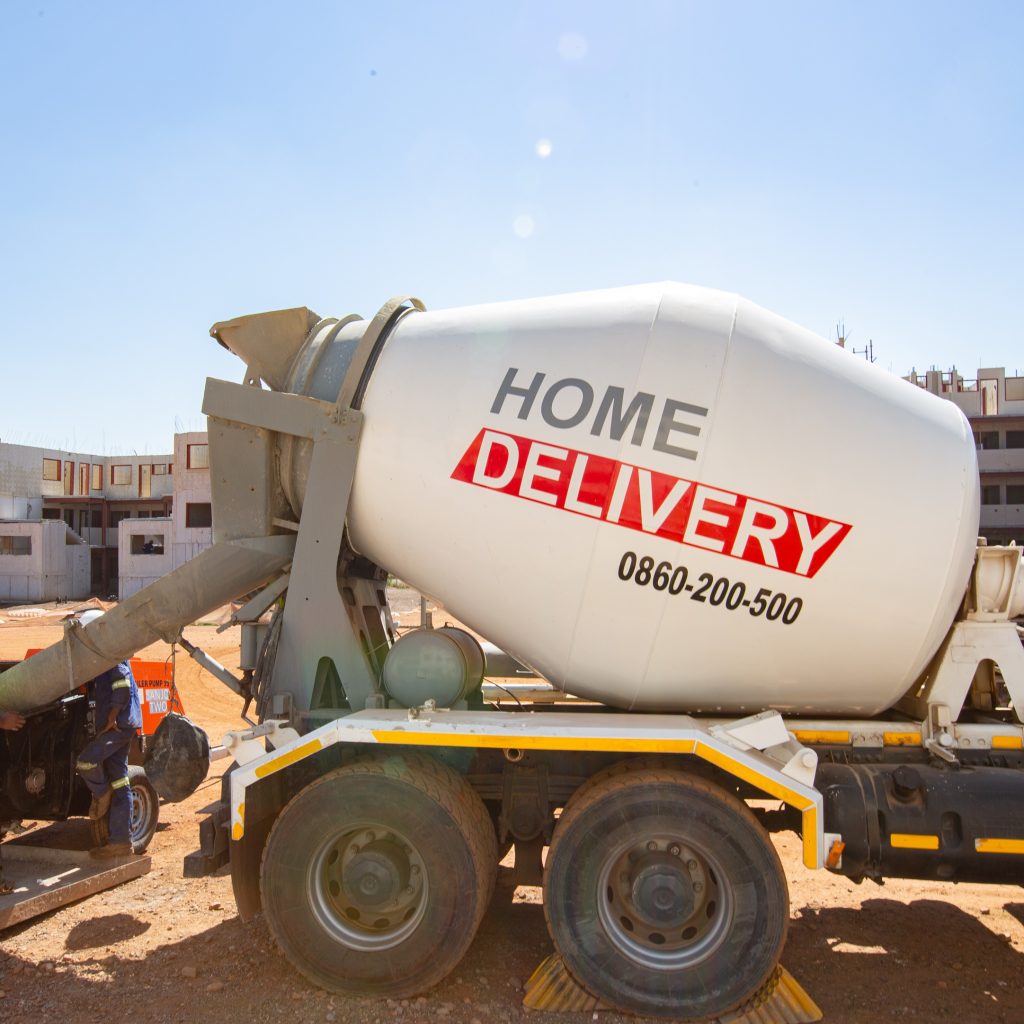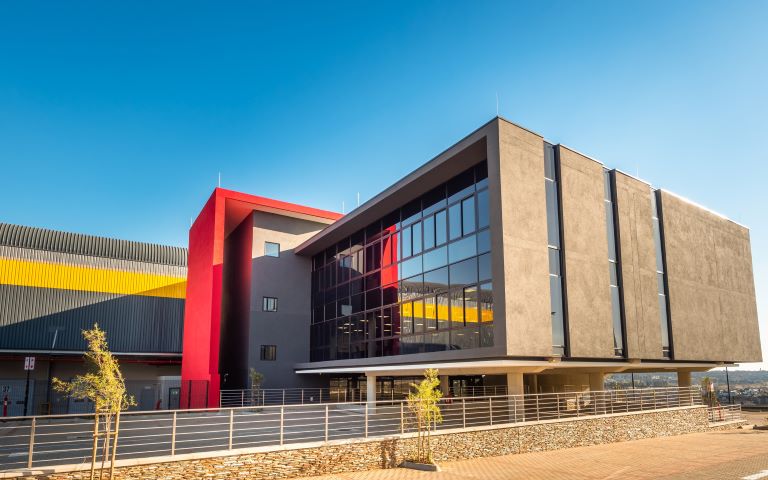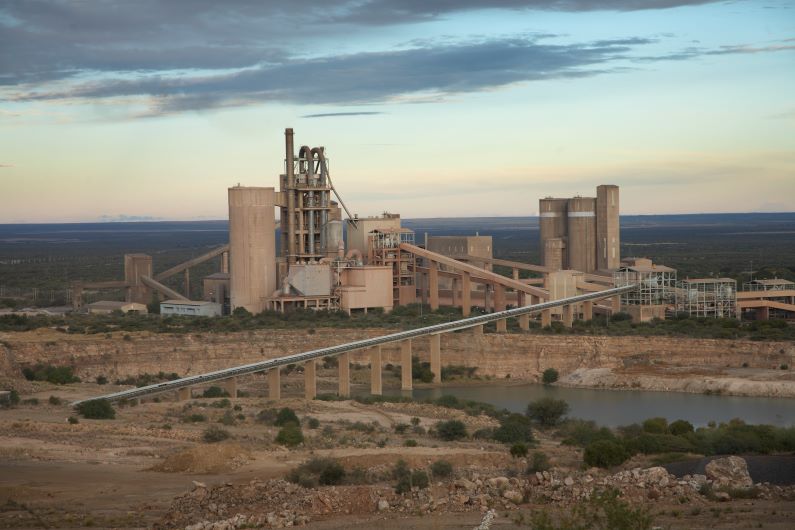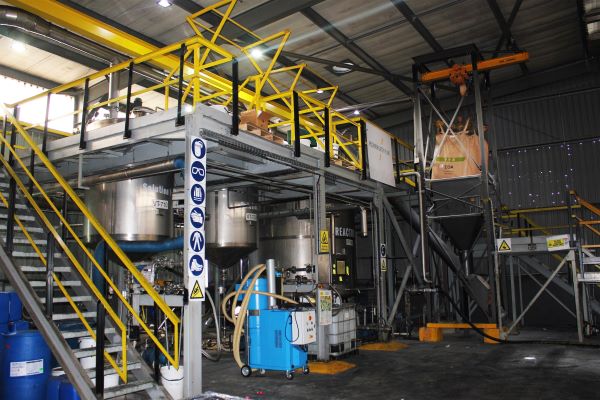
It is no surprise that cost cutting is the order of the day in the construction sector, but this should not prevent contractors from ensuring that their readymix concrete is up to scratch.
“The manufacture and supply of readymix needs to meet not just customer expectations, but also a range of regulated standards,” says Amit Dawneerangen, construction materials general manager for sales and product technical at AfriSam. “Our experience at AfriSam – where we are regularly asked to step in where a supplier has failed to meet obligations – suggests that it is time to go back to basics.”
The basics in the readymix sector, says Dawneerangen, involves an intricate balance of meeting South African National Standards (SANS), while delivering product at a competitive cost. These SANS requirements cover the manufacture of readymix, and the properties of the input materials. Complying with these standards implies that readymix providers have the necessary systems in place and equipment installed for accurate monitoring of concrete performance.

He notes that South Africa has, over the past two decades, moved away from on-site batching towards greater use of readymix which can be produced at larger, centralised plants under highly controlled conditions. This gives contractors better assurance of quality levels, and allows the evolution of specialised and complex concrete mixes for challenging applications.
“The sophisticated technology used by many South African readymix producers underpins their compliance with the necessary standards,” he says. “For instance, there needs to be accurate weighing equipment in the batching plant, and systems to alert management if tolerances are breeched.”
This equipment must be calibrated regularly – internally and externally – to ensure accuracy. The standard SANS 878 specifies the tolerances within which the manufacturing and application of readymix must take place. For cement itself, there is SANS 50197 which applies, while standards for aggregate and sand are governed by SANS 1083.
Dawneerangen points to the growing number of ‘independent’ readymix companies who are not formally linked to the producers of construction materials like cement and aggregate. The difficult conditions which have prevailed recently in the construction sector has made it difficult for many to sustain themselves and cost cutting is affecting product quality.
He emphasises that contractors need to carefully examine the quality systems in place at any prospective readymix provider before finalising procurement contracts. Without the assurance that these systems are being effectively applied, a contractor can expose their projects – and their business as a whole – to a range of serious risks.
More news
- STATE-DRIVEN OPPORTUNITIES FOR SA CONSTRUCTION COMPANIES BUT MANAGING RISK IS A PRIORITY
- PART 4: SA’S TRADE DILEMMA: A PODCAST DISCUSSION WITH DONALD MACKAY
- CONCOR KICKS OFF OXFORD PARKS BLOCK 2A PHASE I PROJECT
- PART 3: SA’S TRADE DILEMMA: A PODCAST DISCUSSION WITH DONALD MACKAY
- MBA: ‘HOW CONSTRUCTION FIRMS SHOULD PREPARE FOR THE WORST’





